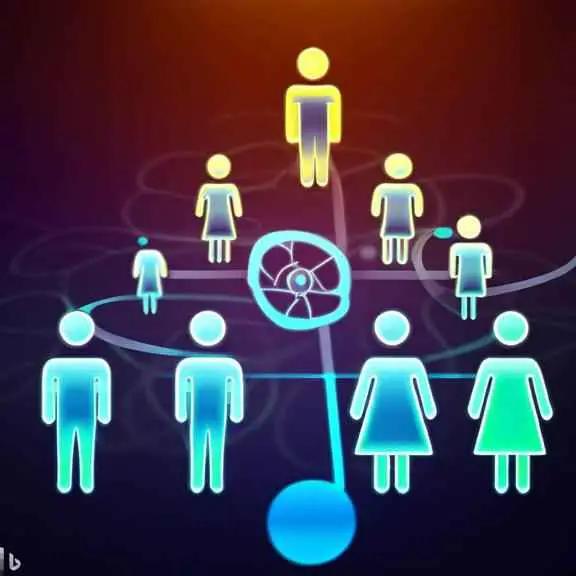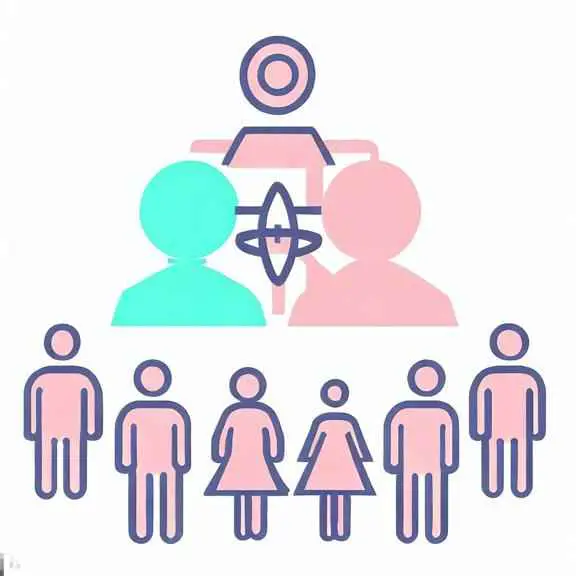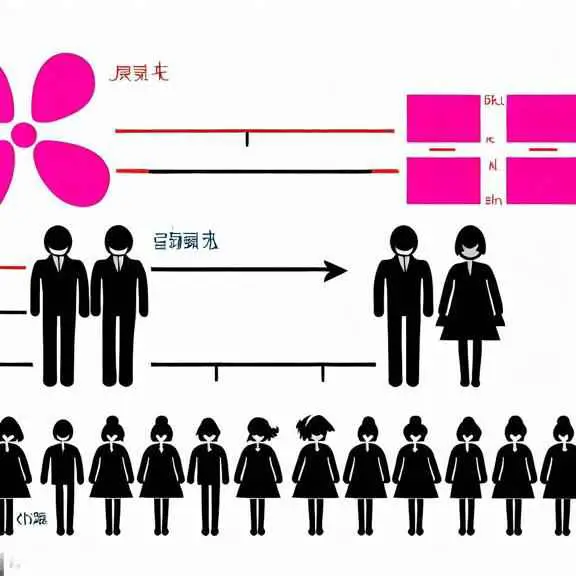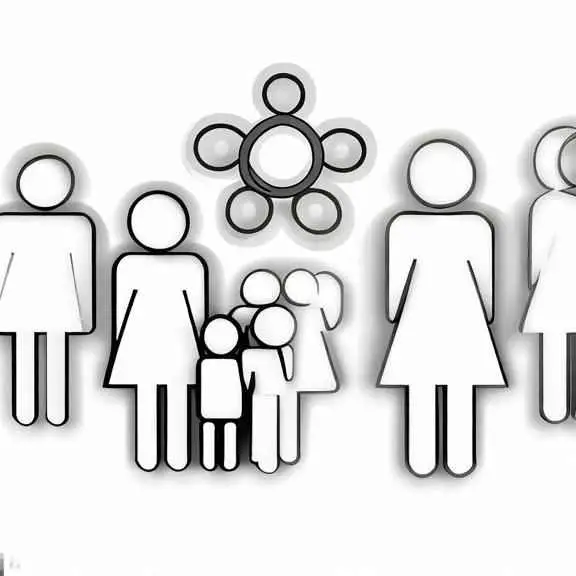Paragraph on
Nuclear Family And Extended Family
for all Class, Words
by Society on
The concept of family is one that has been deeply ingrained in human culture for centuries. It is a fundamental unit of society, and it…, please continue reading.

Table of Content
Ad
The Paragraph on Nuclear Family And Extended Family
Ad
The concept of family is one that has been deeply ingrained in human culture for centuries. It is a fundamental unit of society, and it comes in many shapes and forms. Two of the most common types of families are the nuclear family and the extended family. A nuclear family typically comprises parents and their children, whereas an extended family includes multiple generations, such as grandparents, aunts, uncles, and cousins, living together or in close proximity.
Nuclear families are becoming increasingly common in modern society, in large part due to the rising trend of urbanization. In a nuclear family, the parents are the primary caregivers, and they provide for their children’s emotional, social, and financial needs. The smaller family unit allows for easier management of finances and decision making, and it provides greater opportunities for individualized attention for each child.
An extended family, on the other hand, offers many advantages that nuclear families do not have. With more caretakers available, there is less pressure on any one individual, and family members can rely on each other for support, be it emotional or financial. This kind of arrangement also promotes closer social ties between family members, and the strong social networks can help buffer against stress and provide a sense of belonging.
Both types of families have their advantages and drawbacks, and choosing which one to adopt is a deeply personal decision that should be based on individual preferences and circumstances. No one size fits all, and different cultures around the world have different ideas of what constitutes a family.

Questions about Nuclear Family And Extended Family
Ad
Questions and Answers:
- What is a nuclear family?
Answer: A nuclear family typically comprises parents and their children.
- What is an extended family?
Answer: An extended family includes multiple generations living together or in close proximity.
- What factors contribute to the rise in popularity of nuclear families?
Answer: The rising trend of urbanization, smaller family units, easier management of finances, and greater opportunities for individualized attention for each child.
- What kind of advantages does an extended family have over a nuclear family?
Answer: An extended family offers a stronger support system, closer social ties between family members, and the strong social networks can help buffer against stress and provide a sense of belonging.
- What is the fundamental unit of society?
Answer: Family.
- Why is choosing which type of family to adopt a personal decision?
Answer: Different cultures around the world have different ideas of what constitutes a family.
- What does a nuclear family typically look like?
Answer: Parents and their children.
- What are some drawbacks of a nuclear family?
Answer: Less support available, and greater pressure on any one individual.
- What does an extended family typically look like?
Answer: Multiple generations living together or in close proximity.
- What are some drawbacks of an extended family?
Answer: More complex dynamics, and less privacy.

Vocabulary related to Nuclear Family And Extended Family
Ad
Vocabulary Words:
- Nuclear family - a family consisting of parents and their children.
Usage: My cousin is starting his own nuclear family.
- Extended family - a family consisting of multiple generations living together or in close proximity.
Usage: My grandparents live with us, so we have an extended family.
- Primary caregivers - the person who takes primary responsibility for the care and upbringing of a child.
Usage: My parents were my primary caregivers when I was growing up.
- Individualized attention - providing attention tailored to each person鈥檚 individual needs.
Usage: The small class size allowed for more individualized attention.
- Urbanization - the increase in the number of people living in cities.
Usage: The rapid urbanization of the world is causing many urban issues.
- Support system - a network of people who provide an individual with practical or emotional help.
Usage: I rely on my support system whenever I have a problem.
- Social ties - relationships between individuals or groups.
Usage: Strong social ties help to build healthy communities.
- Buffer - mitigate, alleviate, or soften the effects of something.
Usage: Having a good support system can help buffer against stress.
- Sense of belonging - feeling of being connected and accepted within a person’s social environment.
Usage: Being part of a community provides a sense of belonging.
- Circumstances - the conditions surrounding a particular event or occurrence.
Usage: My present circumstances won’t allow me to travel.

Structure of the sample "Nuclear Family And Extended Family" paragraph
Ad
Cohesion and Coherence:
The paragraph shows coherence by defining nuclear and extended families and distinguishing the benefits and drawbacks of each. The paragraph ends with an idea that different cultures have their ideas of what a family is, which summarizes the content. The paragraph is cohesive in that the ideas are linked via transitions that help clarify the relationships between the sentences. The linking words like “on the other hand,” “also,” and “however” show the relationship between contrasting ideas, and they help the paragraph flow smoothly. Overall, the paragraph is easy to understand and follow its structure.
